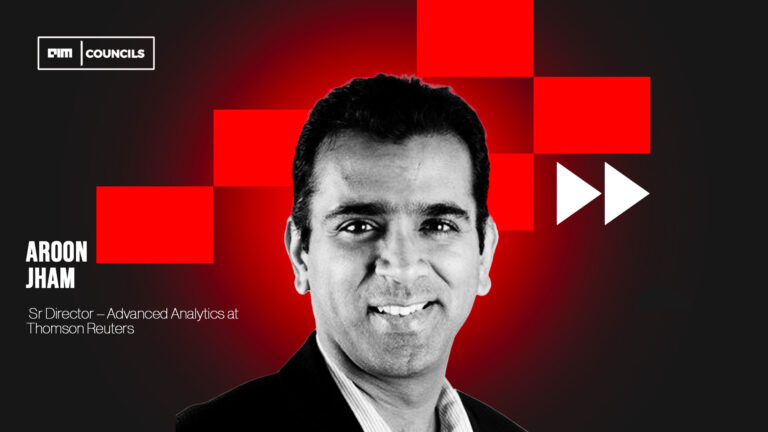Artificial Intelligence (AI) is shaping the contours of our future, from healthcare diagnostics to autonomous systems, yet its creation is marred by a glaring imbalance: the lack of diversity among those designing and developing it. This issue is not merely a reflection of inequality in the workplace; it is a fundamental flaw in the foundation of the technology itself. AI systems are not neutral. They inherit the perspectives, assumptions, and biases of their creators. When those creators belong predominantly to one demographic, the risks of bias and exclusion multiply, impacting millions of lives worldwide.
The statistics are stark. Women account for just 18% of authors at leading AI conferences, and over 80% of AI professors are men. This underrepresentation is compounded by the fact that many of the datasets used to train AI systems also lack diversity. The consequences are profound. Consider facial recognition technology: multiple studies have shown that these systems have significantly higher error rates for women and people of color. This isn’t just a technological glitch; it’s a failure rooted in homogeneity, where the training data and development teams fail to reflect the broader society that these systems are meant to serve.
A homogeneous workforce in AI development creates an echo chamber, amplifying existing biases instead of challenging them. AI systems, by their very nature, learn from the data they are fed. When this data reflects societal inequalities or fails to account for diverse experiences, AI models perpetuate these shortcomings. In 2024, a major tech company faced widespread backlash when its facial recognition software displayed glaring inaccuracies for certain demographic groups. The problem? A lack of diversity in the training data used to develop the algorithm. Similarly, in healthcare, a leading hospital’s AI-driven diagnostic tool consistently underdiagnosed heart disease in women because it was trained primarily on male-centric data. These are not isolated incidents but symptoms of a broader structural issue that demands urgent attention.
Diversity in AI isn’t just about fairness—it’s about functionality, effectiveness, and even profitability. Research shows that gender-diverse science teams produce more novel and impactful ideas. A 2024 case study highlights this clearly: a multinational corporation with a diverse AI team developed a natural language processing model that outperformed its predecessors in understanding multilingual contexts and cultural nuances. The team credited their success to the range of perspectives brought to the table, underscoring that diversity drives innovation.
The implications extend far beyond individual projects. Gender-diverse teams are also better equipped to address ethical concerns in AI development. In 2024, a female-led AI ethics board at a major tech company successfully implemented a comprehensive framework for ethical AI practices. This framework not only increased user trust but also garnered praise from regulators, proving that inclusivity can deliver tangible results.
Yet the industry’s diversity gap remains glaring. At some of the world’s most influential tech companies, women constitute only 10-15% of AI researchers. This imbalance exacerbates issues like developer bias and dataset bias. For example, translation algorithms have been found to reinforce gender stereotypes, associating certain professions—like nurses—with women and others—like engineers—with men. Such systemic flaws stem from a lack of varied perspectives during the development process, which leads to a limited understanding of the broader social implications of AI systems.
The business imperative for diversity in AI is clear. Beyond the societal benefits, inclusive teams deliver better results. Women often excel in areas crucial to AI development, such as transparency, strategic vision, and open communication. These strengths are not just abstract values; they are the building blocks of effective AI systems. For instance, ethical AI implementation has increasingly become a cornerstone of trust in technology. Female-led initiatives in this space have demonstrated the power of these skillsets, resulting in frameworks that resonate with both users and regulators.
Addressing this imbalance requires systemic change. Organizations must establish measurable targets for gender diversity in AI leadership and development teams. Recruitment strategies should actively mitigate biases in hiring practices, focusing on outreach to professional organizations that champion women in technology. Visibility is equally important: highlighting successful female leaders in AI provides role models and signals to aspiring technologists that their contributions are valued. Regular audits and employee feedback loops are essential to evaluate progress and address challenges, ensuring that diversity goals are met with accountability.
A lack of diversity in AI development leads to more than just biased algorithms. It creates systems that fail to work effectively for large portions of the population. Homogeneous teams may overlook key issues or fail to consider critical design aspects, limiting the potential of AI to solve real-world problems. On the other hand, inclusive teams unlock AI’s full potential, introducing innovative solutions and creating systems that serve broader communities.
The stakes couldn’t be higher. AI is poised to influence nearly every aspect of human life, from healthcare to hiring practices, and from criminal justice to education. The systems we build today will shape societal norms and structures for decades to come. Without diversity, these systems risk reinforcing inequalities and perpetuating harm. But with it, they hold the promise of building a more equitable, inclusive, and functional world.
The future of AI lies in the hands of those willing to break the echo chamber and champion diversity. This is not a matter of optics or public relations; it is a practical necessity for building technologies that truly reflect the complexities of the world they aim to serve. From the boardroom to the codebase, fostering diversity is an investment in better outcomes for everyone. The time to act is now, before the AI systems of tomorrow become the biases of today writ large. By prioritizing inclusivity, we can ensure that AI fulfills its potential to benefit all—not just a select few.












